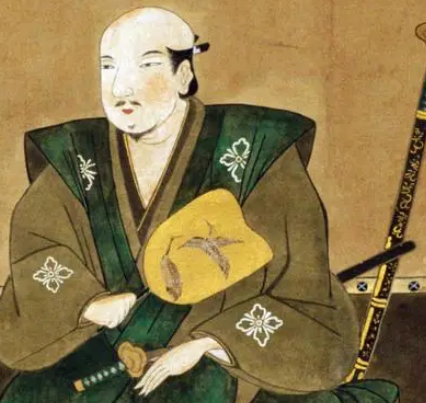The Hundred Days of Reform by Emperor Guangxu is an epoch-making reform movement in modern Chinese history. However, this movement, which could have brought profound changes, was abruptly halted due to the strong intervention of Empress Dowager Cixi. What was the reason for Empress Dowager Cixi to take such a vehemently oppositional stance towards this reform movement? This article will explore the possible underlying reasons behind this historical event.

I. Background of the Hundred Days of Reform
The Hundred Days of Reform occurred in 1898, when China was facing both internal and external troubles. Emperor Guangxu, influenced by reformists such as Kang Youwei and Liang Qichao, attempted to salvage the country's crisis through reforms in politics, economy, culture, and other aspects. These reform measures included abolishing the imperial examination system, establishing new schools, and promoting constitutional government, with the goal of achieving national modernization.
II. Opposition from Empress Dowager Cixi
As the actual ruler of the Qing Dynasty at that time, Empress Dowager Cixi opposed this reform movement. She believed that these reforms undermined the traditional foundation and threatened her position of power. At the height of the Hundred Days of Reform, Empress Dowager Cixi launched a coup, arresting the reformists, abolishing Emperor Guangxu's reform orders, and ultimately declaring the failure of the reform.
III. The True Reasons for Empress Dowager Cixi's Anger
There were several reasons why Empress Dowager Cixi felt such strong aversion towards the Hundred Days of Reform. Firstly, many of the reform measures proposed by the reformists directly weakened the power base of the conservatives led by Empress Dowager Cixi. Secondly, the constitutional government concept in the reform could potentially limit the emperor's power, which was unacceptable to Empress Dowager Cixi who had held real power for a long time. Furthermore, the radical reform strategies and dependence on foreign powers advocated by Kang Youwei and Liang Qichao also provoked strong dissatisfaction from Empress Dowager Cixi.
IV. Conclusion
Although the Hundred Days of Reform failed, it revealed the profound social conflicts in late Qing China and the intense clash between tradition and modernity. Empress Dowager Cixi's opposition was not just a rejection of specific reform measures, but also a defense of the power structure and interest pattern that the reform had touched. The failure of this reform marked the end of an important turning point in China's modernization process and also laid the groundwork for the later Xinhai Revolution.
Disclaimer: The above content is sourced from the internet and the copyright belongs to the original author. If there is any infringement of your original copyright, please inform us and we will delete the relevant content as soon as possible.
































